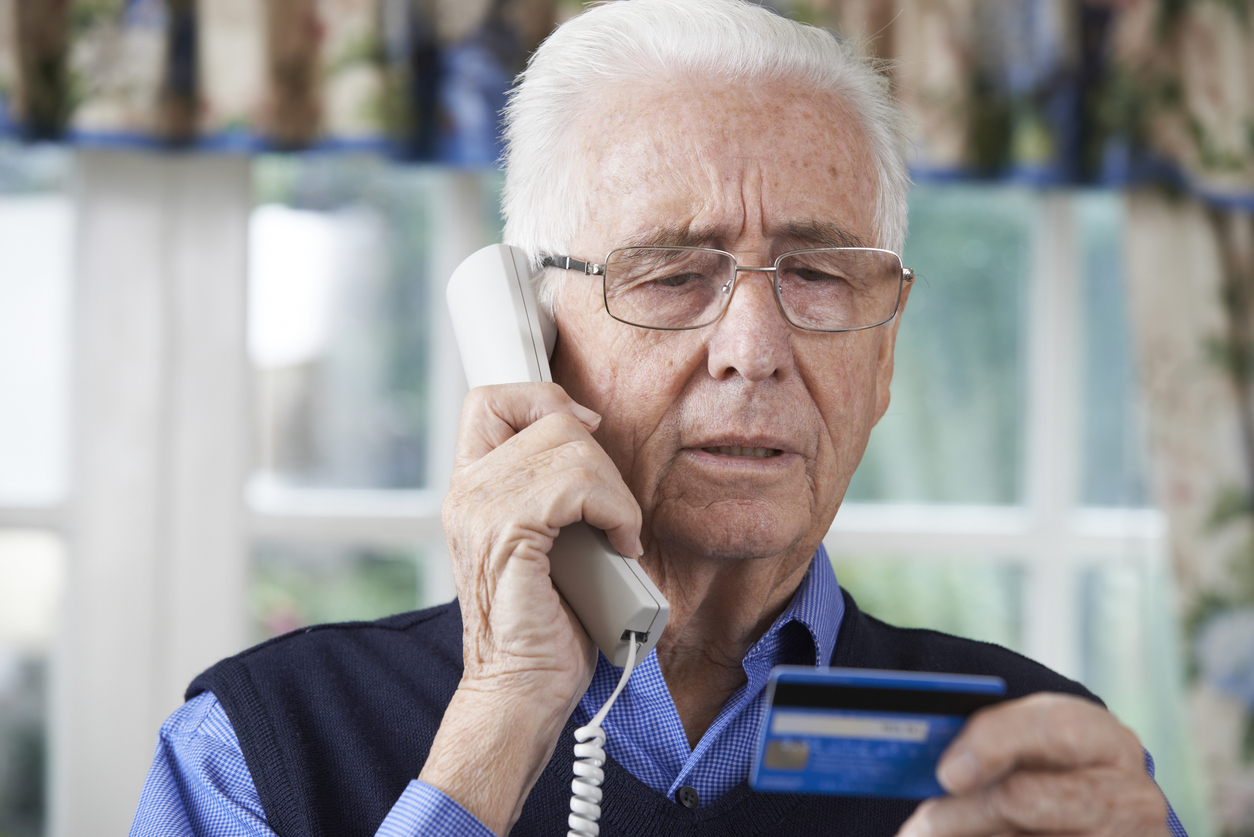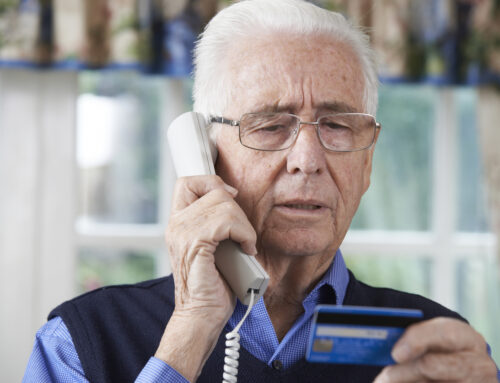As we age, we gain wisdom—but unfortunately, we may also become targets for scammers. Seniors are often seen as ideal targets for fraud because they tend to be more trusting, may live alone, and often have financial assets. That’s why protecting seniors from fraud in the digital and real world is more important than ever. Here’s what you and your loved ones should know to stay protected.
Common Types of Scams Targeting Seniors
-
Phone Scams
-
“You’ve won a prize!” or “Your grandchild is in trouble!” are common ploys.
-
Scammers may impersonate government agencies like the IRS or Medicare.
-
-
Online Scams
-
Phishing emails and fake websites can steal personal information or install malware.
-
Romance scams have increased, particularly through social media.
-
-
Charity Fraud
-
Especially common after natural disasters or during holiday seasons.
-
Scammers exploit goodwill by pretending to be legitimate charities.
-
-
Medicare and Health Insurance Scams
-
Fake providers offer “free” services to collect Medicare numbers.
-
-
Investment and Financial Scams
-
“Too good to be true” schemes promise huge returns with little risk.
-
Warning Signs of Fraud
-
Urgent or threatening language (“Act now or lose everything!”)
-
Requests for personal information (Social Security number, bank account)
-
Payments requested by gift cards, wire transfer, or cryptocurrency
-
Unfamiliar phone numbers or email addresses
-
Offers that require secrecy (“Don’t tell anyone else!”)
Practical Tips for Staying Safe
-
Don’t Answer Unknown Calls
-
Let unknown numbers go to voicemail. Scammers rarely leave legitimate messages.
-
-
Verify Before You Trust
-
If someone claims to be from an organization or family member in distress, hang up and call the organization or person directly.
-
-
Keep Personal Information Private
-
Never give out Social Security numbers, Medicare IDs, or banking info over the phone or email unless you initiated the contact.
-
-
Use Strong Passwords and Two-Factor Authentication
-
For online accounts, use strong, unique passwords and enable extra security features.
-
-
Sign Up for the Do Not Call List
-
Reduce telemarketing calls by registering your number at donotcall.gov.
-
-
Shred Sensitive Documents
-
Prevent identity theft by shredding bank statements, bills, and insurance forms.
-
-
Review Bank and Medicare Statements
-
Look for unusual or unauthorized charges and report them immediately.
-
What to Do If You Suspect Fraud
-
Report It – Contact the Federal Trade Commission (FTC) at reportfraud.ftc.gov or call 1-877-FTC-HELP.
-
Talk to Someone You Trust – Don’t be embarrassed; millions fall victim to scams.
-
Place a Fraud Alert – With the credit bureaus to monitor your financial accounts.
Support for Caregivers and Family Members
If you’re helping an older adult, you can:
-
Set up account monitoring or fraud alerts.
-
Educate them about current scams.
-
Encourage open communication about unusual calls or emails.
Conclusion
Protecting seniors from fraud is a shared responsibility, and awareness is the first line of defense. By staying informed and vigilant, seniors and their families can outsmart scammers and protect what matters most.
Resources for Help
-
Federal Trade Commission (FTC) – reportfraud.ftc.gov
-
AARP Fraud Watch Network – 1-877-908-3360
-
National Elder Fraud Hotline – 1-833-FRAUD-11
If you or someone you know is interested in care management or home healthcare services in South Florida, FirstLantic can help. We are locally owned and operated, providing our patients with the highest quality in-home care services in Fort Lauderdale (Broward County), as well as in-home care services in Delray Beach (Palm Beach County), North Miami (Miami-Dade) and Jupiter (Treasure Coast) since 2000. Click here to contact us.
 AVAILABLE 24 HOURS A DAY/7 DAYS A WEEK
AVAILABLE 24 HOURS A DAY/7 DAYS A WEEK Careers
Careers







